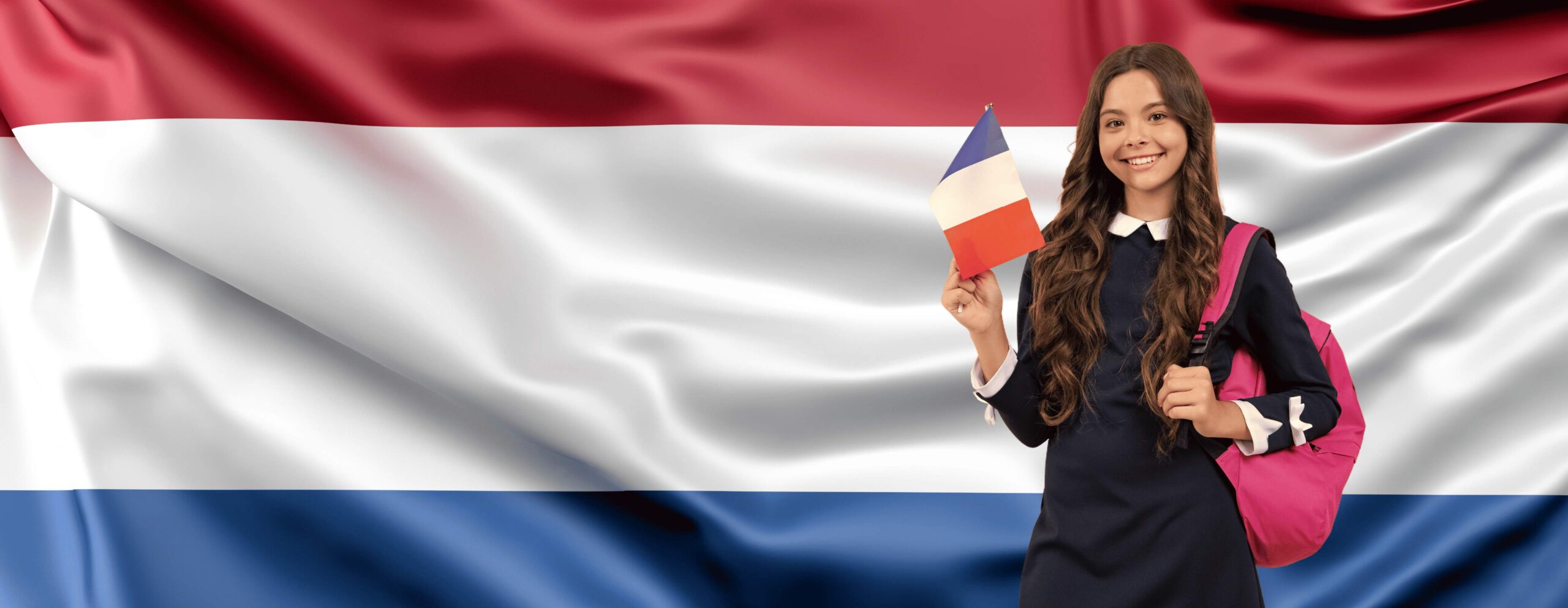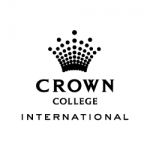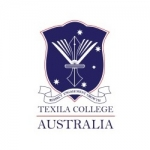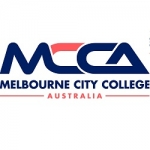Study in Netherlands for Indian Students

The Netherlands, known for its high-quality education, innovative programs, and a thriving multicultural environment, is an increasingly popular destination for Indian students. Renowned for disciplines like engineering, business, environmental sciences, and social sciences, Dutch universities offer excellent English-taught programs, making it easier for international students to integrate academically and socially.
Why Study in Netherlands?
- High-Quality Education and Research: The Netherlands is home to some of Europe’s leading universities, such as Delft University of Technology, University of Amsterdam, and Erasmus University Rotterdam. Dutch universities are recognized for their research output, particularly in fields like engineering, social sciences, and medicine. Dutch higher education institutions are known for offering innovative teaching methods and strong industry connections, providing students with practical skills and research opportunities.
- English-Taught Programs: The Netherlands offers a large selection of English-taught programs at both undergraduate and postgraduate levels. This makes the country accessible for Indian students without needing Dutch language proficiency.
- Affordable Tuition Fees and Scholarships: Compared to other Western European countries, the Netherlands offers relatively affordable tuition fees. In addition, there are various scholarships available specifically for international students, including Indian students.
- Multicultural Environment: As a leading hub of international students, the Netherlands boasts a diverse and multicultural society. This creates a welcoming environment, allowing Indian students to interact and connect with peers from around the world.
- Post-Graduation Work Opportunities: The Netherlands has a favorable work environment for international students, including a one-year “Orientation Year” residence permit after graduation to find employment. This allows graduates to seek job opportunities and gain work experience in the Netherlands.
Eligibility Requirements for Indian Students
1. Academic Qualifications:
- Undergraduate Programs: Completion of 12th grade from a recognized Indian board with a minimum average of 60–70%, depending on the program and university.
- Postgraduate Programs: A bachelor’s degree from a recognized Indian institution, typically requiring at least 60% marks. Competitive programs, especially in business and engineering, may have higher requirements.
- Ph.D. Programs: A relevant master’s degree, along with a research proposal or background in research. Ph.D. candidates may also need to provide evidence of their academic and research accomplishments.
2. English Language Proficiency:
- IELTS (International English Language Testing System): Minimum score of 6.0–6.5 for undergraduate and postgraduate programs.
- TOEFL (Test of English as a Foreign Language): Minimum score of 80–90.
- PTE (Pearson Test of English): Accepted by some institutions with a minimum score of 56–62.
Some Dutch institutions may require higher scores for competitive programs or waive language requirements if previous education was in English.
3. Visa Requirements:
Indian students need to apply for a Student Visa (MVV) and Residence Permit (VVR) for studying in the Netherlands. Requirements include:
- Proof of Financial Support: Students must show they have sufficient funds to cover their tuition fees and living expenses (approximately €10,000–€12,000 per year).
- Health Insurance: Mandatory for all international students, either through Dutch or international providers.
- Acceptance Letter: A confirmed offer from a Dutch institution is necessary to apply for a visa.
Application Process
1. Choose Your Program and University:
Research universities and programs that align with your academic interests. The Netherlands offers a variety of specialized programs in English, particularly in engineering, economics, and environmental sciences.
2. Prepare Required Documents:
Commonly required documents include:
- Academic transcripts and certificates
- English proficiency test results (IELTS/TOEFL/PTE)
- Statement of Purpose (SOP)
- Letters of Recommendation (LORs)
- Curriculum Vitae (CV)
- Passport copy
- Financial documents for visa purposes
- Research proposal (for Ph.D. candidates)
3. Submit Your Application:
Applications are typically submitted through university websites or the Dutch application portal Studielink. It’s important to check individual university deadlines, which may vary.
4. Wait for Admission Decision:
After applying, universities take several weeks to process applications. If accepted, students receive an official offer letter.
5. Confirm Acceptance and Pay Tuition Fees:
Once you receive an offer, confirm your acceptance by paying an initial tuition deposit (if required) and begin the visa process.
6. Apply for a Student Visa (MVV) and Residence Permit (VVR):
After confirming your place, your university often assists with the visa process. You’ll need to apply for both the MVV and VVR to study in the Netherlands.
7. Arrange Accommodation and Travel:
Once the visa is approved, finalize housing arrangements. Many Dutch universities provide assistance in securing student accommodation.
Cost of Studying and Living in Netherlands

1. Tuition Fees:
- Public Universities: Range from €6,000 to €15,000 per year for non-EU students at the undergraduate level (approx. INR 5.2–13 lakh).
- Postgraduate Programs: €8,000 to €20,000 per year, depending on the program and university (approx. INR 7–17 lakh).
Programs in business, engineering, and medicine tend to be on the higher end of the fee range.
2. Living Expenses:
Monthly living costs in the Netherlands typically range from €800 to €1,200 (approx. INR 70,000–1 lakh), depending on the city:
- Accommodation: €300–€600 per month
- Food: €150–€250 per month
- Transport: €20–€50 per month (student discounts on public transit)
Cities like Amsterdam and Rotterdam are more expensive, while smaller cities like Utrecht and Eindhoven offer lower living costs.


3. Scholarships:
- Holland Scholarship: Available to non-EU international students, providing €5,000 in funding for the first year.
- Orange Tulip Scholarship: Exclusively for Indian students, covering part or full tuition.
- Erasmus Mundus Scholarships: Available for specific joint master’s degree programs.
- University-specific Scholarships: Many Dutch universities offer scholarships based on merit, financial need, or academic achievements.

Post-Graduation Opportunities
1. Orientation Year Visa:
After completing their studies, international graduates can apply for a one-year “Orientation Year” residence permit, allowing them to work or look for a job in the Netherlands without a work permit.
2. Job Market and Work Permits:
Major industries in the Netherlands include technology, engineering, business, and finance. The country has a demand for highly skilled professionals, especially in tech and engineering fields.
Graduates with job offers in skilled positions can apply for a Highly Skilled Migrant Visa, which allows for longer-term employment and can lead to permanent residency.
3. Pathway to Permanent Residency:
After working for several years in the Netherlands, graduates can apply for a residence permit that can lead to permanent residency and citizenship over time.
University List

York Business Institute
New South Wales, Australia

Berkeley Business Institute
New South Wales, Australia

Crown College International
Victoria, Australia

Texila College Australia
Victoria, Australia

Melbourne City College Australia
Victoria, Australia

Conclusion
Studying in the Netherlands provides Indian students with access to top-ranked universities, affordable education, and valuable work opportunities in an innovative and welcoming environment. With a wide range of English-taught programs, multicultural experiences, and pathways for long-term residency, the Netherlands is a compelling choice for students looking to advance their education and career in Europe. By understanding the eligibility criteria, application process, and costs, Indian students can plan a successful academic journey in the Netherlands.

